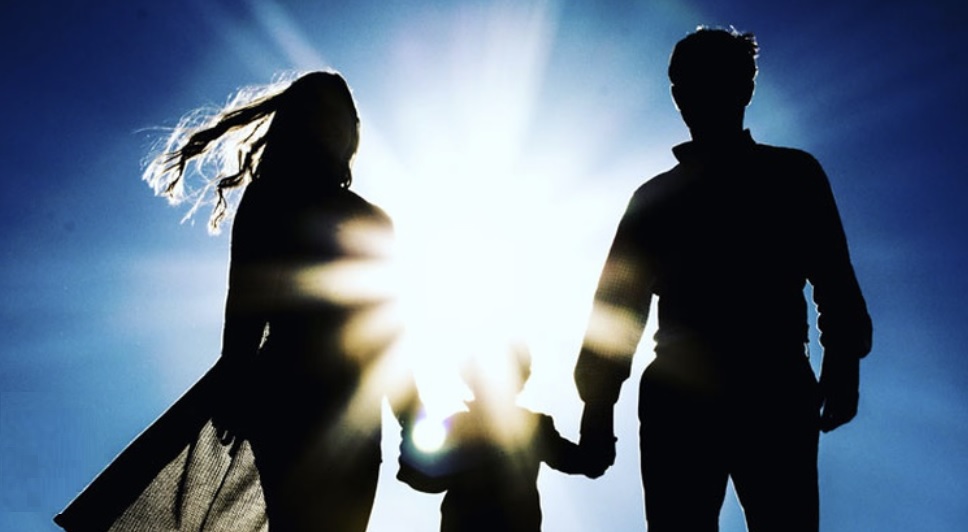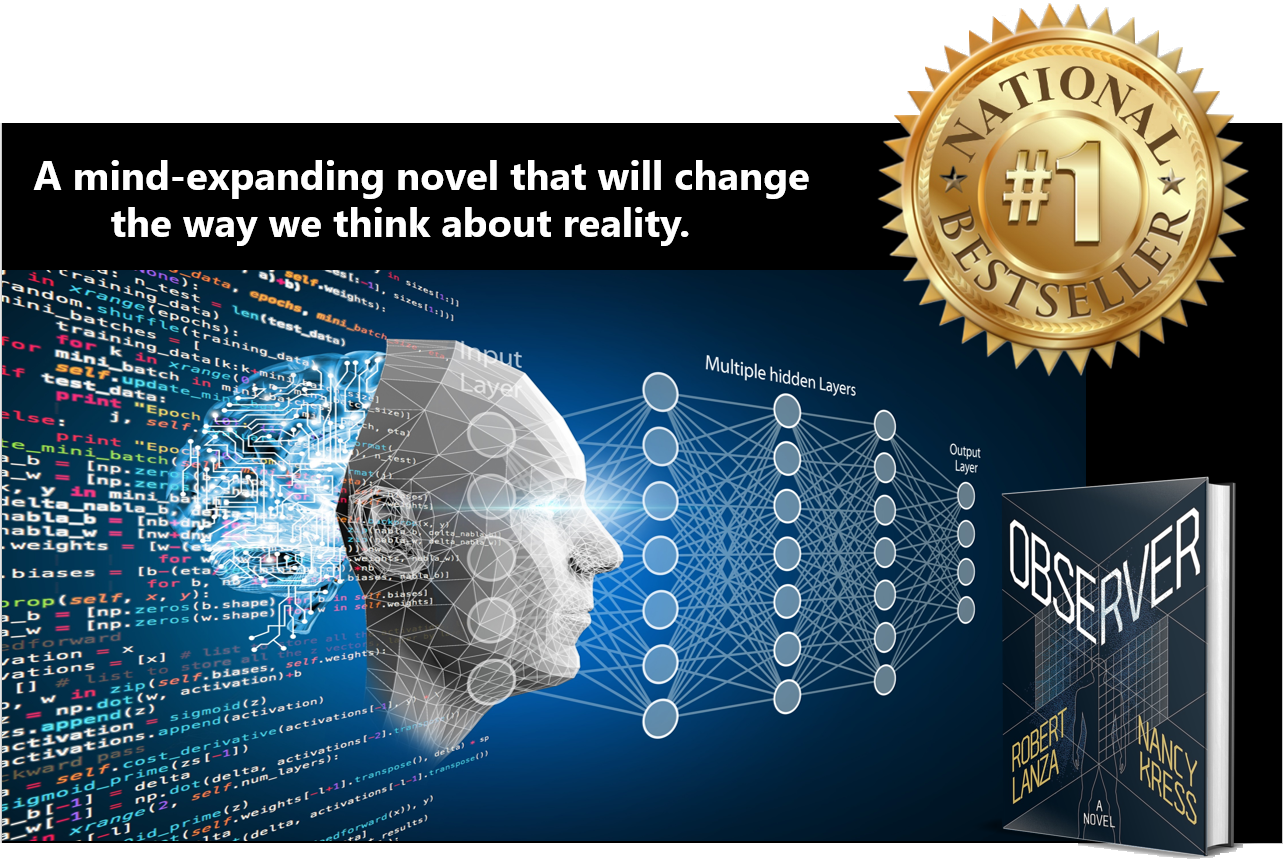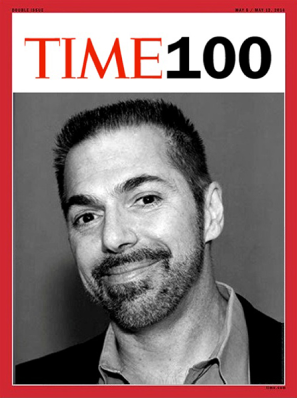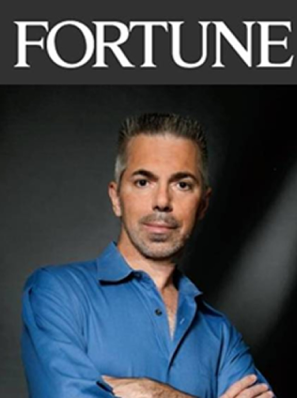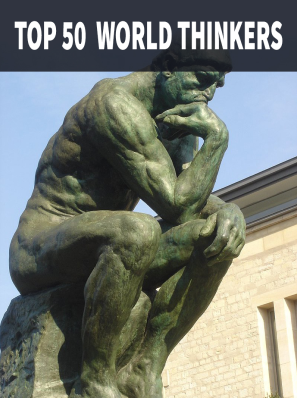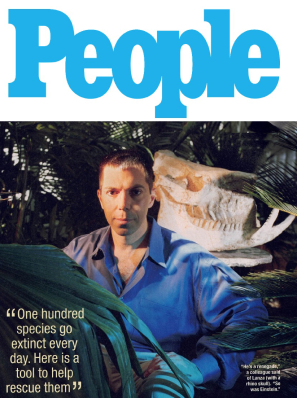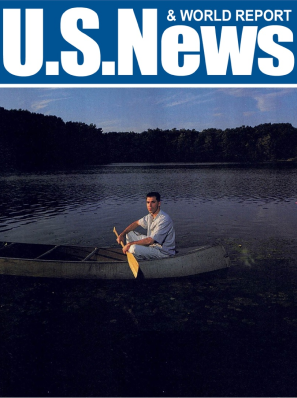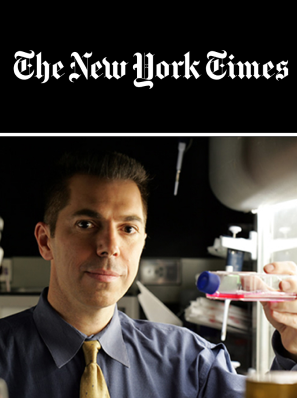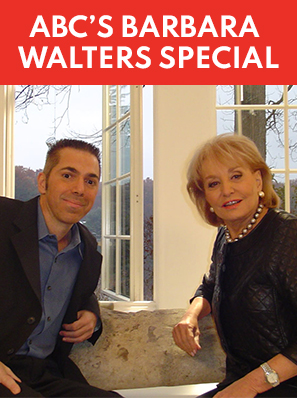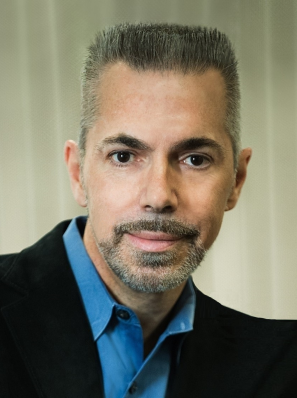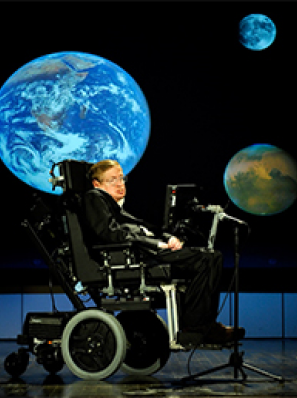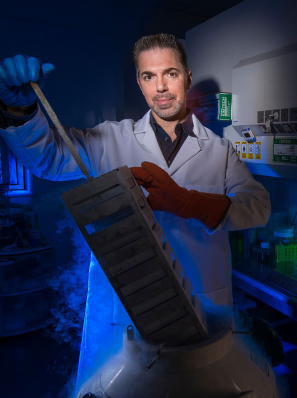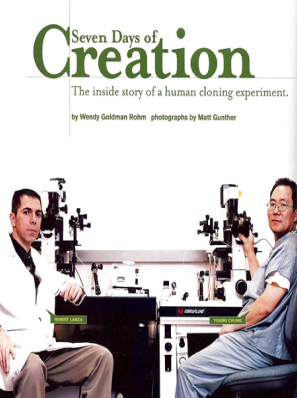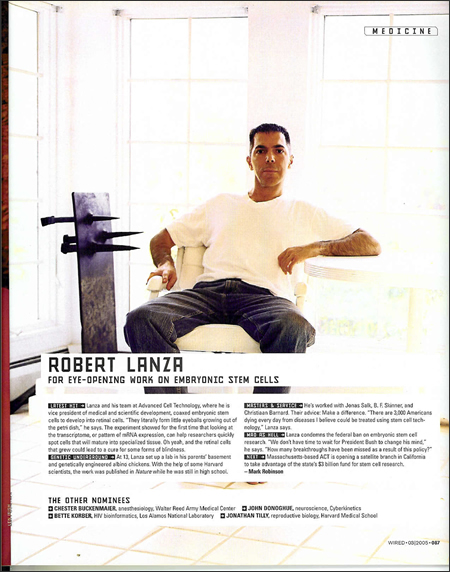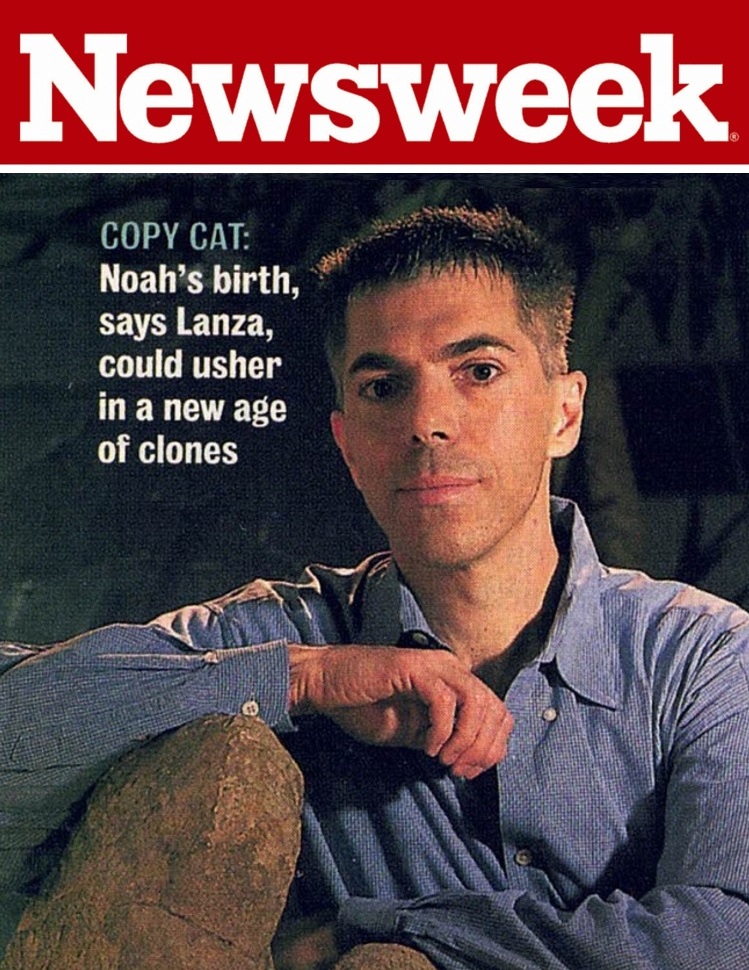A lot of people hope they will go to heaven after they die, not only to eat ice cream all day (which might get old even for Beyonce and Marlon Brando, the legendary actor, who was seen buying five gallons at a time), but more importantly, to see their loved ones again.
Now, this article is not going to discuss spiritual beliefs nor take sides on whether this line of thinking is wrong or right. It will only observe that the concept of ‘heaven’ provides us with the hope of another life.
Does the soul exist?
Of course, the current scientific paradigm doesn’t recognize this spiritual dimension of life. We’re told we’re just the activity of carbon and some proteins; we live awhile and then we die. And the universe? It too has no meaning. It has all been worked out in the equations — no need for a soul. But biocentrism, where the observer is the basis of universe, challenges this traditional, materialistic model of reality. In all directions, this outdated paradigm leads to insoluble enigmas, to ideas that are ultimately irrational. But knowledge is the prelude to wisdom, and soon our worldview will catch up with the facts.
Of course, most spiritual people view the soul as emphatically more definitive than the scientific concept. It’s considered the incorporeal essence of a person and is said to be immortal and transcendent of material existence. But when scientists speak of the soul (if at all), it’s usually in a materialistic context or treated as a poetic synonym for the mind. Everything knowable about the “soul” can be learned by studying the functioning of the brain. In their view, neuroscience is the only branch of scientific study relevant to understanding the soul.
As I sit here in my office surrounded by piles of scientific books, I can’t find a single reference to the soul, or any notion of an immaterial, eternal essence that occupies our being. Indeed, a soul has never been seen under an electron microscope, nor spun in the laboratory in a test tube or ultra-centrifuge. According to these books, nothing appears to survive the human body after death.
Observer challenges the traditional, materialistic model of reality
Traditionally, science has dismissed the soul as an object of human belief or reduced it to a psychological concept that shapes our cognition of the observable natural world. The terms “life” and “death” are thus nothing more than the common concepts of “biological life” and “biological death.” The animating principle is simply the laws of chemistry and physics.
Dr. Caroline Soames-Watkins also believed that the world around her existed as a hard, cold reality ticking away like a clock. Death was a foregone conclusion—until she learned different. Caro, the protagonist of my new novel Observer co-written with award-winning sci-fi author Nancy Kress, also thought she had the world figured out. Not her personal world, which has been upended by controversy, but how the physical world works and how her consciousness operates within it. Broke and without a job, she accepts a job offer from her great-uncle, a Nobel Prize-winning scientist who runs a research facility studying the space between biology and consciousness—between the self and what we assume is reality. He is on the verge of a humanity-altering discovery that could solve the riddle of mortality of the soul, and that throws Caro into danger—love, loss, and death—that she could never have imagined possible.
Observer takes Caro on a mind-expanding journey to the very edge of science, challenging her to think about life and death in startling new ways. The ideas behind Observer are based on real science, starting with the famous two-slit experiments, in which the presence of an observer affects the path taken by a sub-atomic particle, and moves step-by-step into cutting-edge science about quantum entanglement, on-going experiments applying quantum-level physics to the macro-world, the multiverse, and the nature of time, consciousness, and death itself.
Life and consciousness are central to this new view of being, reality, and the cosmos.
Consider the famous two-slit experiment. When you watch a particle go through the holes, it behaves like a bullet, passing through one slit or the other. But if no one observes the particle, it exhibits the behavior of a wave and can pass through both slits at the same time. This and other experiments tell us that unobserved particles exist only as “waves of probability” as the great Nobel laureate Max Born demonstrated in 1926. They’re statistical predictions — nothing but a likely outcome. Until observed, they have no real existence; only when the mind sets the scaffolding in place, can they be thought of as having duration or a position in space. Experiments make it increasingly clear that even mere knowledge in the experimenter’s mind is sufficient to convert possibility to reality.
Many scientists dismiss the implications of these experiments because until recently, this observer-dependent behavior was thought to be confined to the subatomic world. However, as laid out in Observer, this is being challenged by researchers around the world. In fact, just a few months ago three scientists were awarded the Nobel prize for these and other experiments.
The old mechanical view of death is outdated
We think we live a while then rot in the ground. We believe this because we associate ourselves with our body and we know bodies die. End of story.
Only that story is false, and a long series of experiments suggests death is not the terminal event we think—rather, it just represents a break in the linear continuity of space and time.
Einstein was right. After the death of an old friend, he wrote “Now Besso has departed from this strange world a little ahead of me. That means nothing. People like us, who believe in physics, know that the distinction between past, present and future is only a stubbornly persistent illusion.”
For example, you are young in one ‘now’, and you will experience wrinkles and graying hair in another ‘now.’ But in reality, they all exist in superposition. I like to think of it like one of those old phonographs. Listening to the music doesn’t alter the record itself. Depending on where the needle is, you hear a certain song. This is the present—the music before and after the song is the past and the future. In like manner, every moment endures in nature always. The record doesn’t go away. All ‘nows.’ Like all songs on the record, exist simultaneously, although we can only experience it piece by piece.
Life is like a perennial flower that returns to bloom in the multiverse. One well-known aspect of quantum physics is that observations can’t be predicted absolutely. Instead, there is a range of possible observations, each with a different probability. One mainstream explanation, the ‘many-worlds’ interpretation, states that each of these possible observations corresponds to a different universe –the ‘multiverse.’ There are an infinite number of universes, and everything that could possibly happen occurs in some universe. Death does not exist in any real sense in these scenarios. All possible universes exist simultaneously, regardless of what happens in any one of them.
Consider an experiment published in the prestigious scientific journal Science. Scientists in France shot photons into an apparatus and showed that what they did could retroactively alter something that had already happened in the past. You heard that right! As the photons passed a fork in the apparatus, they had to decide whether to behave like particles or waves when they hit a beam splitter. Later on—after they had traveled nearly 50 meters past the fork—the experimenter could randomly switch a second beam splitter on and off. It turns out that what the observer decided at that point determined what the particle actually did at the fork in the past. At that moment, the experimenter chose his past.
Regardless of the choice you, the observer, make, it is you who will experience the outcomes that will result. The linkages between these various histories and universes transcend our ordinary classical ideas of space and time. Think of the 20-watts of energy as simply holo-projecting either this or that result onto a screen. Whether you turn the second beam splitter on or off, it’s still the same battery or agent responsible for the projection.
Your backup plan to heaven
At death there‘s a break in our linear stream of consciousness, and thus a break in the linear connection of times and places. Indeed, biocentrism suggests it‘s a manifold that leads to all physical possibilities.
So what is it like when you die? Of course, during our lives we all grow attached to the people we know and love and can never image a time without them. I subscribe to Netflix and recently went through all nine seasons of the TV series “Smallville.” I watched two or three episodes every night, day after day, for months. I watched Clark Kent grow up and go through all the normal growing pains of adolescence, young love and family dramas. He, Martha Kent and all the other characters became part of my life. Night after night I watched him use his emerging superpowers to fight crime as he matured, first attending high school and then college. I watched him fall in love with Lana Lang, and then become enemies with his former friend Lex Luthor. When I finished the last disk, it was like they had all died — it was all over.
Despite my sense of loss, I reluctantly tried a few other TV series, eventually stumbling upon “Grey‘s Anatomy.” The cycle started over again with completely different people. By the time I had finished all the seasons, Meredith Grey and her fellow doctors had replaced Clark Kent et al as the center of my world. I became completely caught up in the swirl of their personal and professional passions. In a very real sense, death is much like finishing a good TV series, whether “Grey‘s Anatomy,” “Smallville” or “Game of Thrones,” except the multiverse has a much bigger collection of DVDs than Netflix. Just like at death, you change reference points. It‘s still you, but you experience different lives, different friends and even different worlds.
Think of a football field full of stacks of DVDs piled up to the sky. At death, you‘ll even get to watch some re-makes — perhaps in one, you‘ll get that dream wedding dress you always wanted, or a doctor cures the disease that caused your loved one to die.
And since it applies to all sentient life (not just us humans), you’ll get to see Spot and Fluffy again as well.
A scientific model that at last makes sense
By the time Caro finishes her journey in Observer, her views of the universe have shifted. Hints of the biocentric nature of the universe have been made by some of the greatest scientists in modern physics, including Heisenberg, Planck, Schrodinger, and Bohr—the founders of quantum mechanics—among many others. As Caro, a realistic and pragmatic woman, moves through her adventures in friendship, love, and danger, she experiences first-hand the truth that those eminent physicists already knew.
And that the backup plan is real.
Adapted from Observer by Robert Lanza and Nancy Kress (The Story Plant).
Lanza’s new novel “OBSERVER” lays out these ideas to a broader audience, and through storytelling brings to life the science behind the astounding fact that time, space, and reality itself, all ultimately depend upon us, the observer.
“Mind-bending… A novel full of life-affirming ideas”—Kirkus Reviews (Starred Review)
“A brilliant Crichtonesque thriller”—Publishers Weekly (Starred Review)
In OBSERVER, scientist Robert Lanza, one of Time Magazine’s “100 Most Influential People,” is joined by 8-time Nebula and Hugo Award-winning author Nancy Kress to confront the mysteries in the space between biology and consciousness, between the self and what we assume is reality. OBSERVER takes you on a mind-expanding journey to the very edges of science. It will thrill you, inspire you, and lead you to think about life and the power of the imagination in startling new ways.
“The cutting edge of science tipping into something new and marvelous … a startling, fascinating novel”―Kim Stanley Robinson, New York Times Bestselling author
“Robert Lanza has taken the gigantic step of incorporating his ideas into a science fiction novel with Nancy Kress. Brilliant … a riveting and moving story”―Rhonda Byrne, #1 New York Times Bestselling author
“A thrilling story you won’t soon forget”―Robin Cook, #1 New York Times Bestselling author
“OBSERVER is the best of science and fiction—an intellectual adventure with real heart”―Daryl Gregory, award-winning author.
